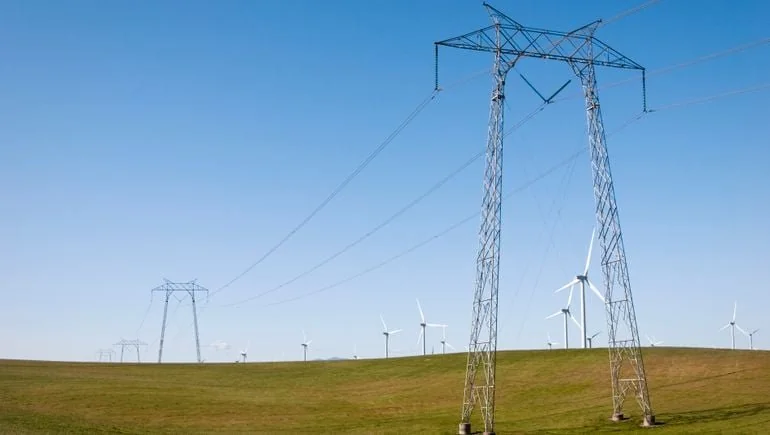Dive Brief:
- The Missouri Landowners Alliance on Friday urged the Federal Energy Regulatory Commission to require Invenergy to re-apply for permission to offer capacity on the $7 billion, 5-GW Grain Belt Express transmission project at negotiated rates.
- FERC should reject Invenergy’s request to amend its negotiated rate authority for the Grain Belt project because the project has changed significantly since that authority was approved in 2014, according to the group, which in part represents landowners that would be affected by the proposed transmission line.
- Grain Belt Express, which is part of Invenergy Renewables, earlier this month asked FERC to approve its fast-track request for amended negotiated rate authority by Dec. 5 as it prepares to issue a solicitation for capacity on the project’s first 2.5-GW phase.
Dive Insight:
The protest by the Missouri Landowners Alliance comes about two weeks after the Missouri Public Service Commission signed off on the Grain Belt project. The PSC’s approval was the final state siting approval needed for the non-utility project, which is slated to run about 800 miles delivering wind power from Western Kansas as far east as Illinois.
Invenergy is trying to limit comments on its proposal by applying to amend its existing negotiated rate authority in a new docket and by requesting to shorten the comment period, according to the Missouri Landowners Alliance, which also opposed the project at the Missouri PSC.
“This is not an auspicious beginning for an application to negotiate just and reasonable rates using a fair and impartial process,” the group said.
Invenergy didn’t respond to a request for comment by press time.
In its application to amend its negotiated rate authority, Grain Belt said its project — which is supported by the Sierra Club — has changed in several ways, including an expansion from 3.5 GW and revisions to planned contractual arrangements for the line’s capacity.
The Missouri Joint Municipal Electric Utility Commission has agreed to buy up to 225 MW of capacity on the Grain Belt project. Invenergy plans to hold a solicitation for remaining capacity of the Grain Belt’s first phase, which would run from Kansas to Missouri, connecting Associated Electric Cooperative, the Midcontinent Independent System Operator and the Southwest Power Pool. In the second phase, Invenergy plans to extend the bi-directional line to Illinois, connecting to the PJM Interconnection.
Grain Belt said it expects to transfer the remainder of the phase 1 capacity to buyers and/or lessees via sales and/or leases of undivided interests in the transmission line, which will require separate FERC approval.
Grain Belt said it is seeking expedited consideration from FERC so it can start building the project’s first phase in 2025, and before that obtain financing, including from the U.S. Department of Energy, and order equipment, among other pre-construction activities.
“Delayed consideration of this filing could adversely impact the project’s anticipated financial close and construction timeline,” Grain Belt said.
The company plans to issue the solicitation as soon as it receives FERC approval.

